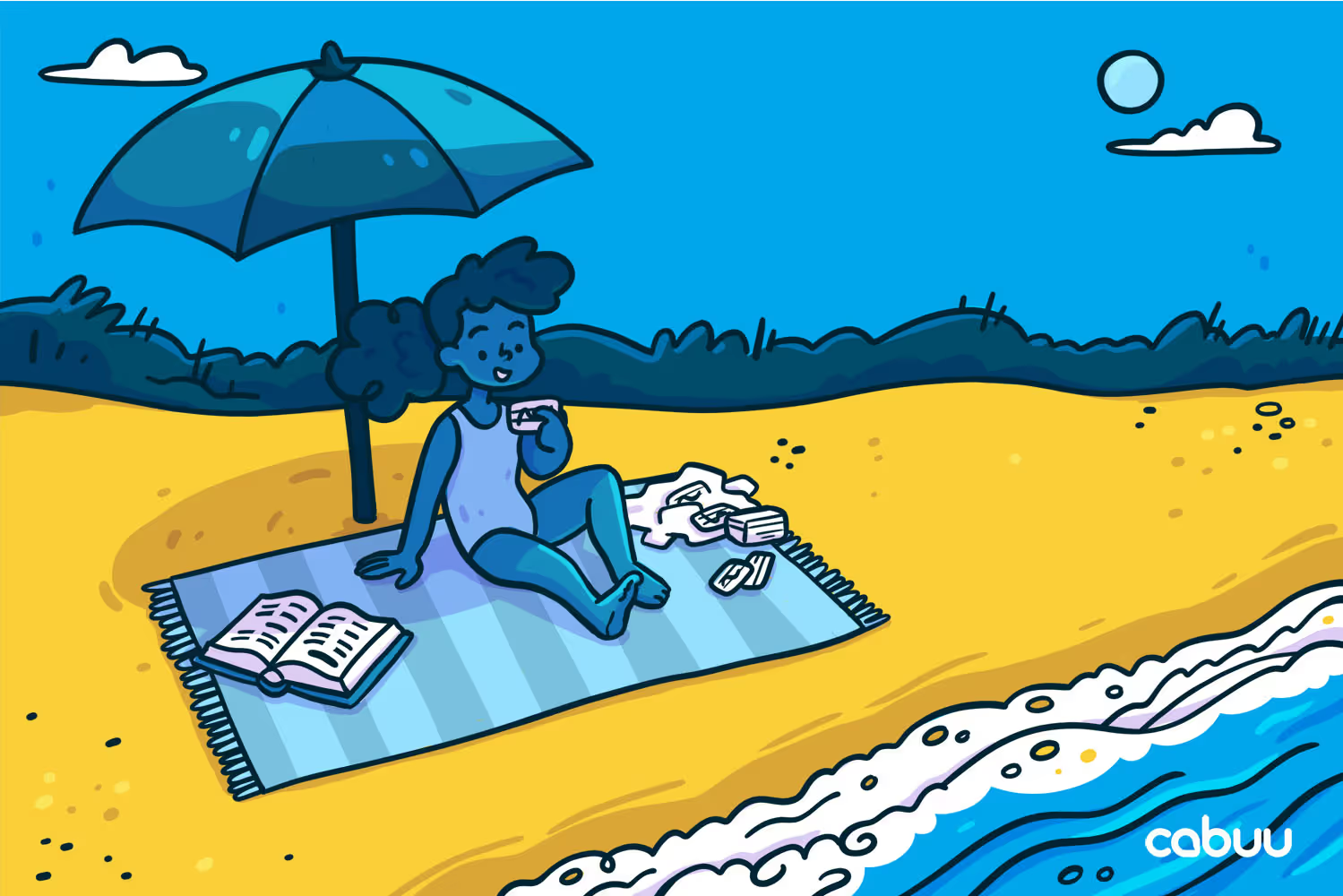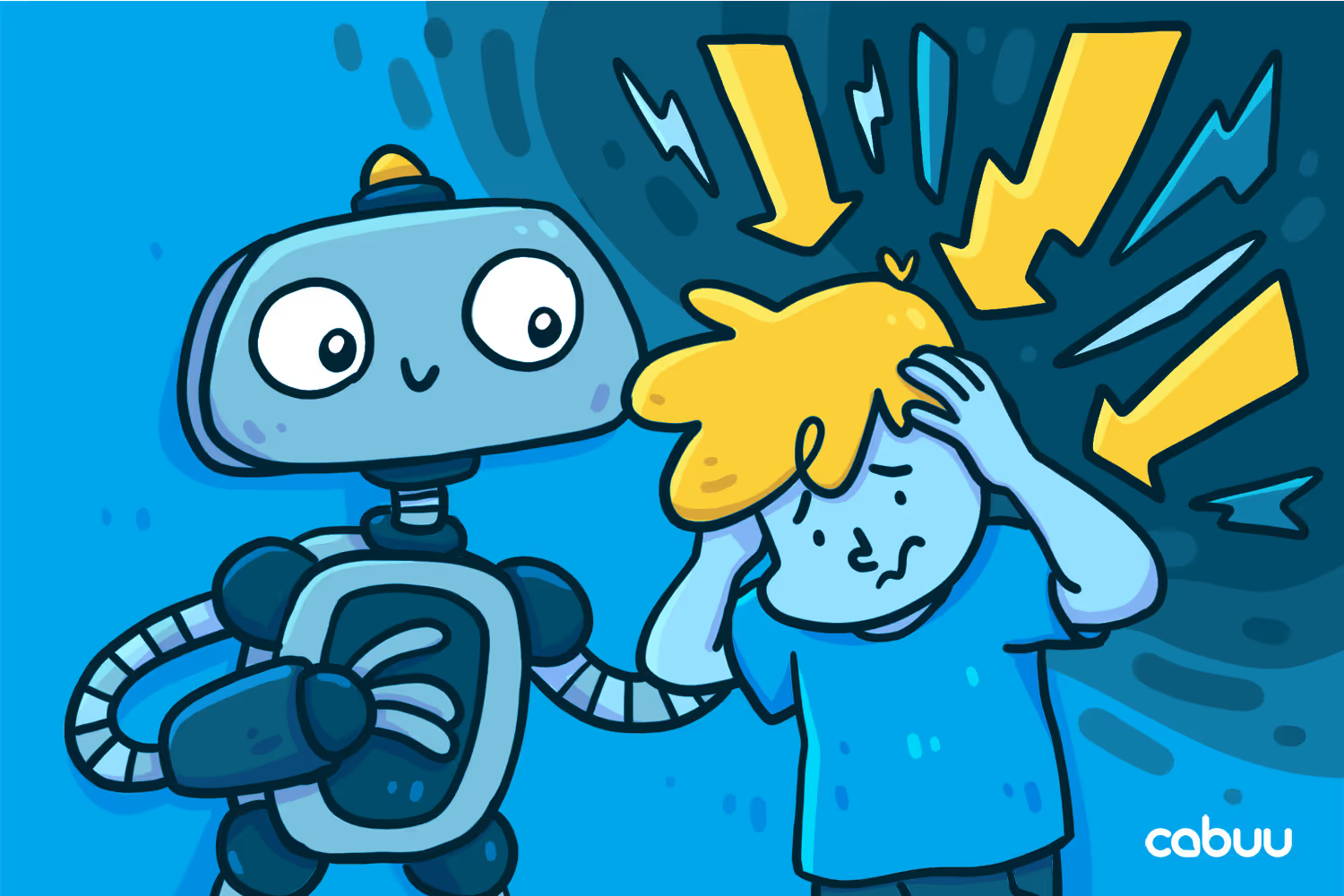Learn vocabulary with Maria Montessori

When it comes to learning vocabulary, there are numerous methods and strategies that can help you learn vocabulary even more effectively and stay motivated. Today, we'll introduce you to the Montessori concept and how it could help you learn vocabulary.
Who invented it?
Montessori education is working Maria Montessori (* 1870 † 1952) back, a multi-educated woman of Italian origin. She was not only a doctor, but also a philosopher and teacher with (for the time) revolutionary ideas for raising and educating children. Despite the obstacles that were placed in her way as a woman back then, she managed not only to study science but also medicine - as one of the first women in Italy. Over the course of her life, she also studied psychology, educational philosophy and anthropology.

Proper funding pays off
While working in a psychiatric ward, she began to realize how important individual support is for children. She had the experience that special tools were required to To awaken curiosity in children and to let them discover the world with all their senses. She began to create her first own materials to make exactly that possible. As manager of a children's home in a poor area of Rome, she used her ideas so effectively that the children learned to write and calculate in a short time.
The Montessori Method
What did Maria Montessori do differently from other teachers and what is special about her method?
- This educational philosophy is based on humanist and cosmopolitan principles.
- Accordingly, each child as an individual That has its own strengths and needs.
- Appropriate education should therefore adapt to the child and not vice versa.
- In this way, the child is encouraged to to make your own decisions and boosted self-confidence.
Try and learn
Montessori education is often based on the motto “Help me do it myself!” summarized. It assumes that every child has a natural urge to learn, which simply needs to be encouraged and supported. Unlike in classic frontal teaching, teachers are more likely to be there as supporters and advisors so that the children have their own experiences be able to do. The “grown-ups” lead, but the children are then allowed to try out, explore and learn at their own pace. Since kids see adults as role models, they are automatically motivated to learn the things they need to grow up too.

Learn with all senses
Maria Montessori also stated how important it is that when learning Activates as many senses as possible become. In this way, new learning content can be internalized sustainably. As part of this idea, suitable toys were developed that activate the senses and at the same time awaken the desire to discover and learn. These so-called “sensory toys” can simply be cans with different fillings, which train the sense of hearing when shaken. Sliders or calculation sticks help you understand simple math problems. There are also a variety of toys for the sense of touch.
💡 Reading tip: That's why you learn vocabulary better with movement
How would Maria Montessori learn vocabulary today?
In this summary, we have now gained an insight into the history and basic principles of Montessori education. But what does vocabulary learning look like in it?
In summary, vocabulary learning according to the Montessori principle looks like this:
- Holistic: Learn vocabulary with associations and in a meaningful context.
- Self-determined: Encourage independent vocabulary learning.
- With all senses: Learn vocabulary using sight, hearing, and touch.
- Interactive: Motivate people to actively use vocabulary.
- Brain-friendly: Arouse interest and curiosity about language and vocabulary.
- Individually: A learning method that takes into account the child's needs.

Montessori and new media
Cell phone and tablet in class: A sight that is becoming more and more of a habit in the classroom. The new media bring a breath of fresh air to lesson planning and can provide great support for teachers. Because this is how students can on your own and at your own pace research and acquire the initial basics of a topic.
Do your own research and filter information
In this way, digital learning aids, together with well-known learning tools such as textbooks, support new types of independent preparation in project or election work. At the same time, the competence to conduct independent research is promoted. A valuable skill when looking at today's mass of information across multiple channels.
Reading tip: In our blog post Troublemaker or learning assistant? Read more about the benefits of smartphones and tablets for learning.
Games, fun, learning success
Despite the many advantages of new media, they are still met with resistance in some places. Too much worry that the kids will just play around on their smartphones or even dumb them down. Maria Montessori already recognized How important it is to engage with learning content in a playful way. Whether this is done through an educationally sophisticated app or a wooden toy is just a question of balance and competent communication.

Cosmic Education and Vocabulary Learning
That's probably why Maria Montessori would also have the The courage to innovate proven and campaigned for learning apps that promote curiosity and playful access to languages. Also within the framework of the principles developed by Montessori cosmic education Is the use of new media helpful to promote networking on other topics and to provide access to world knowledge.
💡 Reading tip: Learning vocabulary while sleeping, is that possible?
Conclusion: Would Maria Montessori use the CABUU app?
Of course, we can only speculate here - but when you look at Montessori's revolutionary spirit, which was also not afraid to break new ground, we think that she would have approved the use of suitable vocabulary trainer apps.
In the CABUU app Let's combine the requirements of a vocabulary trainer that awakens intrinsic motivation for learning:
- With suitable Graphics, animations, and finger gestures The vocabulary is brought to life.
- The learning plan supports students in learning vocabulary on their own.
- Die multisensory learning method activates various senses for sustainable learning success.
- Varied exercises ensure active learning sessions and lasting motivation in language learning.
- Die child-friendly design and Learning rewards Encourage people to stick with it.
- A smart algorithm adapts the learning process to individual skill on.
As part of a Montessori-oriented language lesson, the CABUU app supports Vocabulary training in a holistic way: The pedagogically sophisticated learning method developed by linguists takes into account the needs of children and motivates with entertaining exercises. The CABUU app can be used very flexibly as a sole vocabulary trainer or in combination with other learning methods.
Are you a teacher at a Montessori institution? Then apply now Test accounts for your class or study group! Check out our Teachers page for more information.



